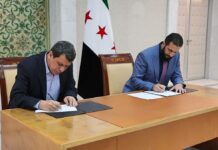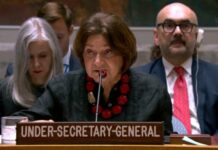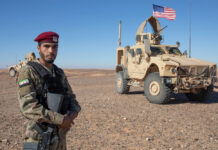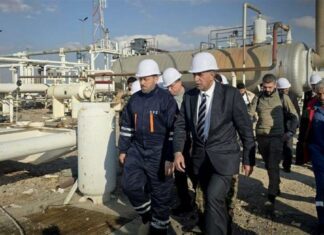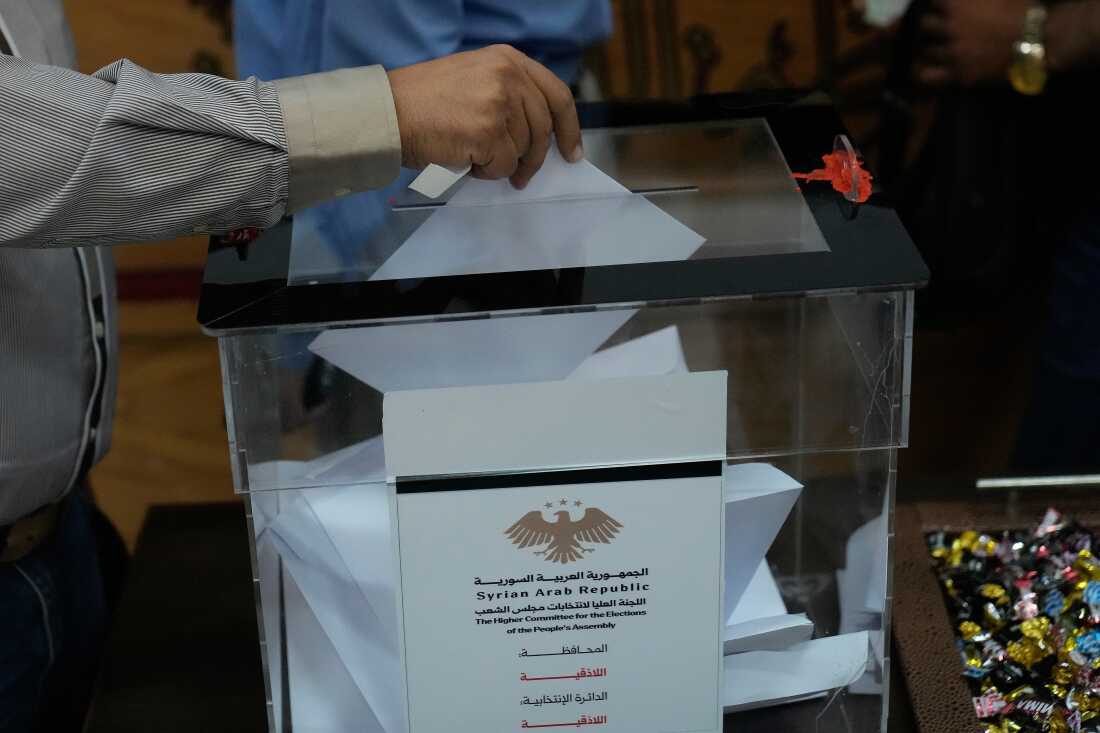
Syrians went to the polls Sunday for the first parliamentary elections, a seminal moment during its post Assad regime transition. The vote, held under the supervision of the Supreme Committee for the People’s Assembly Elections, was conducted through an indirect electoral system—a temporary mechanism designed to account for the displacement of millions and the absence of reliable population data.
According to Syrian Arab News Agency (SANA), voting ended Sunday evening in all governorates, with counting continuing into the night. About 6,000 members of electoral bodies across Syria were eligible to cast ballots to select two-thirds of the 210-member People’s Assembly. The remaining 70 seats will be appointed by presidential decree under the terms of the 2025 Constitutional Declaration and Presidential Decree No. 66.
Committee spokesperson Nawar Najma said the process unfolded “without any security breaches or objections,” noting that results would be announced within 48 to 72 hours. “Syrians proved their ability to conduct an electoral experience, even on a small scale,” he said, calling the vote “a new experience revealing the Syrian reality as it is.”
Regional Results Reflect Local Engagement
Preliminary results released late Sunday highlighted active participation in several governorates. In Homs, eight candidates secured seats representing the city, led by Waddah Najib Rajab with 168 votes. “Homs deserves all this energy and talent from young people to represent the people,” Rajab said after his win.
In Daraa, six seats were contested, with the first announced winner, Muhammad Farouk Asi, declared after strong turnout in the city’s cultural center. In coastal regions, 12 representatives were elected from Latakia and Tartus. Latakia Governor Muhammad Othman congratulated the victors, urging them to “focus on conveying the concerns of the people … and building solid institutions based on efficiency and transparency.”
Meanwhile, in Idlib, authorities confirmed the successful completion of elections across six districts, naming 12 winners without recorded objections or violations. Damascus countryside also concluded its voting process, electing 12 members from nine areas.
Balancing Aspirations and Constraints
The elections follow months of preparation described by observers as a “trade-off between aspirations and constraints,” as mentioned by Dr. Silvia Carenzi of the Italian Institute for International Political Studies (ISPI). The hybrid system, she wrote, “embodies a temporary, pragmatic solution” in a nation still scarred by conflict and demographic upheaval.
Interior Minister Anas Khattab called the vote “a key pillar in building the Syrian state,” praising security forces for ensuring “the right of citizens to free and safe expression.” Ministry spokesman, Nouruddin al-Baba, said they used “modern technological techniques” to secure polling centers and thwart attempts to disrupt the process.
Despite skepticism from critics questioning the lack of direct suffrage, the elections have been broadly seen as a substantive first step toward institutional restoration. “We want an Assembly truly capable of carrying the burdens entrusted to it in the next stage,” Najma said, indicating the government’s goal of fostering “a legislative body reflecting national belonging.”
For many Syrians, Sunday’s vote—however limited—marked a tentative but significant move toward rebuilding political life after decades of authoritarian rule and years of war.

